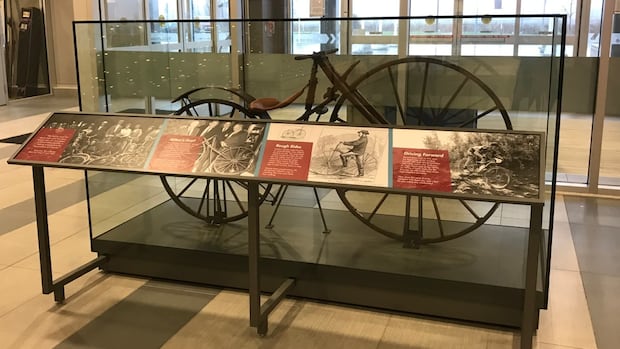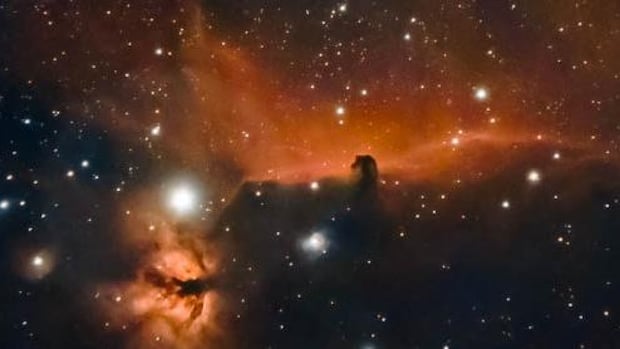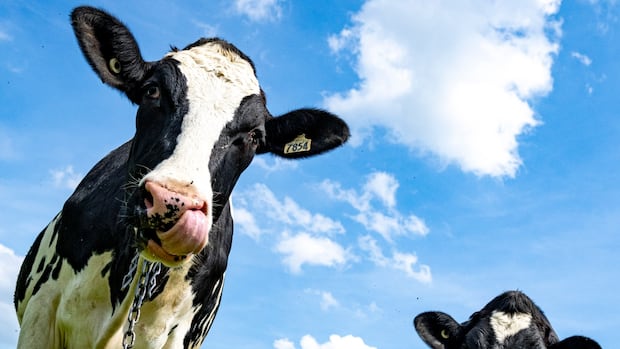Indigenous candidates are on track for victories in ridings across Canada as results firm up in the 2025 general election, with 12 First Nations, Inuit or Métis people elected as the ballot count continues Tuesday.
It was a dramatic turnaround Monday for Mark Carney’s Liberal Party, which previously seemed doomed to defeat after three governments under Justin Trudeau — and it was a minority government win helped by flips in northern ridings with numerous Indigenous voters.
In Quebec, former grand chief of the Grand Council of the Crees Mandy Gull-Masty toppled the Bloc Québécois in Abitibi-Baie-James-Nunavik-Eeyou, a riding held by the NDP until 2019.
In Manitoba, Rebecca Chartrand, who identifies as Anishinaabe, Inninew, Dakota and Métis from Pine Creek First Nation, ousted 17-year NDP MP Niki Ashton in Churchill-Keewatinook Aski.
“There’s almost nearly 80 per cent Indigenous people in this riding,” Chartrand told CBC News on election night, suggesting strong turnout and the Liberal record on reconciliation helped her party.
“I think people are more engaged with federal and provincial politics and they’re understanding what a vote means, and especially now. The stakes have been too high.”
Meanwhile, Métis candidate Buckley Belanger became the lone Liberal MP in Saskatchewan, taking Desnethé-Missinippi-Churchill River from the Conservatives.
For their part, the Tories now have four Indigenous candidates leading or elected where last Parliament they only had two.
In a dramatic flip, Ellis Ross, a former Haisla Nation chief and B.C. Liberal MLA, defeated the NDP’s Taylor Bachrach in Skeena-Bulkley Valley, an NDP-held riding since 2004. Former Enoch Cree Nation chief Billy Morin was elected in Edmonton Northwest.
Marc Dalton, who is Métis, retained his seat in Pitt Meadows-Maple Ridge in B.C. for the Conservatives.
Gains come at NDP’s expense
The gains for the Conservatives and Liberals highlight the NDP’s cataclysmic collapse. However, two of the party’s seven MPs will be Indigenous.
Leah Gazan, a member of Wood Mountain Lakota First Nation in Saskatchewan, kept her seat in Winnipeg Centre. A prominent advocate last Parliament, she pressed for a Red Dress alert system, got unanimous consent for a motion motion labelling residential schools as genocide, and tabled legislation to combat residential school denialism.
In Nunavut, Inuk lawyer and incumbent MP Lori Idlout, the NDP’s former critic for Indigenous Services, won over Liberal challenger Kilikvak Kabloona in a tight race.
Eleven candidates who identified as Indigenous were elected to the House of Commons in 2015 and 11 in 2019, though some have faced questions about their identities since then.
Cindy Woodhouse Nepinak, national chief of the Assembly of First Nations, believes First Nations people were motivated by the same issues as non-First Nations people in 2025: Donald Trump’s threats, trade, the economy and affordability.
“It’s threatening to First Nations to say, ‘Become the 51st state.’ Well, that will never happen,” she said in an interview.
“Every piece of land in this beautiful country that we all share is First Nations territory, all of it.”
She added that issues like policing, clean water, child welfare and education were vitally important for First Nations as well.
The Liberals are entering a rare fourth federal term, having left much unfinished business on the table and occasionally facing criticism for breaking promises to Indigenous people, and she said she will be watching for results in the first 100 days.
Nishnawbe Aski Nation (NAN), a political organization representing 49 First Nations in northern Ontario, congratulated Carney on the win but also warned the group is also looking for a partner to honour and uphold the treaties.
“Our nations will not tolerate unwanted intrusions into their territories,” said Grand Chief Alvin Fiddler in a statement.
NAN territory is home to Ontario’s mineral-rich Ring of Fire region and both Carney and Conservative Leader Pierre Poilievre promised to speed up and increase energy production, prompting words of caution.
“Last night the prime minister warned that America wants our land, our resources, our water, and that President Trump is trying to own Canada. That’s how our nations feel about Canada’s settler governments,” Fiddler said.
Nunavut Tunngavik Inc., the organization representing Nunavut Inuit, similarly called for partnership and respect following an election where Arctic security figured prominently.
“Inuit self-determination is central to the future of Nunavut and to Canada’s sovereignty and security in the Arctic,” the organization said in a news release.
The Métis National Council, which represents Métis governments in Ontario and Alberta, echoed the sentiment.
“We call on all members of Parliament, regardless of party affiliation, to support the path to Métis self-government treaty implementation,” MNC President Victoria Pruden said via statement.
Full list of Indigenous MPs:
- Liberal Jaime Battiste (Cape Breton-Canso-Antigonish) Mi’kmaw from Eskasoni First Nation in N.S.
- Liberal Buckley Belanger (Desnethé-Missinippi-Churchill River) Métis from Île-à-la-Crosse, Sask.
- Liberal Rebecca Chartrand (Churchill-Keewatinook Aski) Anishinaabe, Inninew, Dakota, and Métis.
- Liberal Wade Grant (Vancouver Quadra) Musqueam Indian Band in B.C.
- Liberal Mandy Gull-Masty (Abitibi-Baie-James-Nunavik-Eeyou) Cree from Waswanipi Cree Nation in Quebec.
- NDP Lori Idlout (Nunavut) Inuk from Nunavut.
- NDP Leah Gazan (Winnipeg Centre) Lakota from Wood Mountain Lakota Nation in Sask.
- Conservative Billy Morin (Edmonton Northwest) Enoch Cree Nation in Alberta.
- Conservative Ellis Ross (Skeena-Bulkley Valley) Haisla Nation in B.C.
- Conservative Adam Chambers (Simcoe North) Métis from Ontario.
- Conservative Marc Dalton (Pitt Meadows-Maple Ridge) Métis from B.C.
- Bloc Québécois Simon-Pierre Savard-Tremblay (Saint-Hyacinthe-Bagot-Acton) Wendat from the Huron-Wendat Nation in Quebec.






